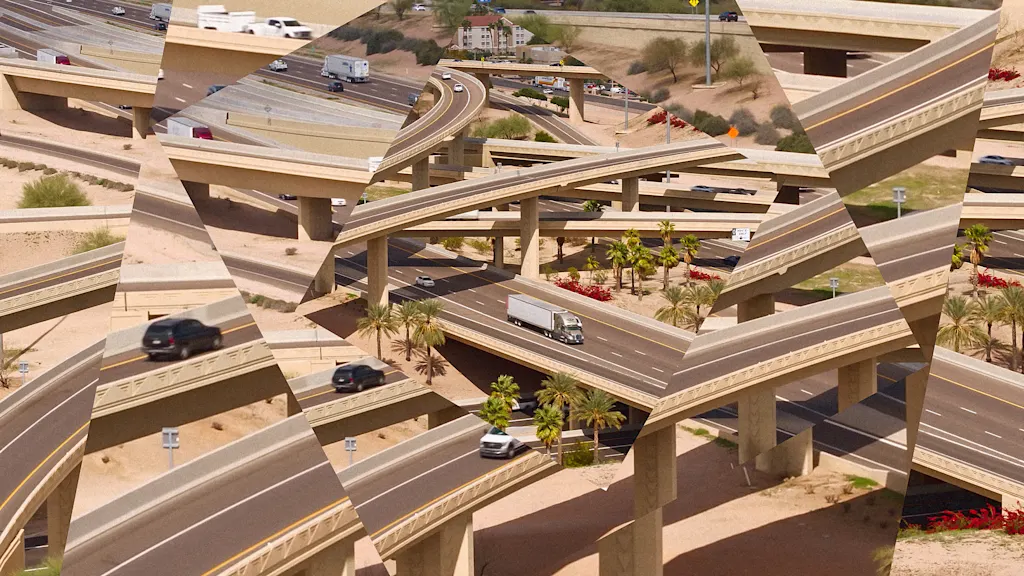
"If one of the old investigative journalism shows was publishing a story on this topic, they'd probably call the segment "Power Play: How Lobbyists Shape Transportation Infrastructure." The grandfatherly voice would open up with, "The corridors of power are often unseen, but their impact is felt by all." Dun dun dun. It's kind of their thing to sound over-the-top, but lobbying certainly deserves that sort of big-voiced, you-won't-believe-what-comes-next vibe. Lobbyists collect money from clients in order to buy legislation."
"Road building contractors, truckers, civil engineers, and labor unions-they all funnel substantial sums of money into political campaigns because they want access to decision-makers and key influencers so they can shape legislation to their advantage. How to buy a bill From leveraging personal relationships and funding political campaigns to offering miraculous investment advice, a lobbyist's objective is to sway decisions in favor of their clients. Their reach extends to drafting legislation, providing input on regulations, and shaping the allocation of funds for infrastructure projects."
Transportation lobbyists, including road contractors, truckers, civil engineers, and labor unions, provide substantial campaign funding to gain access to decision-makers and influence outcomes. Lobbyists use personal relationships, campaign contributions, and policy drafting to sway legislation and regulatory decisions in favor of their clients. Their activities extend to drafting bills, advising on regulations, and directing allocation of infrastructure funds. In 2021, lobbyists spent $267 million on ground transportation issues, making it a heavily lobbied sector and contributing to a reported 72% success rate for the bills they pursued. Lobbying strategies prioritize winning legislative outcomes.
Read at Fast Company
Unable to calculate read time
Collection
[
|
...
]